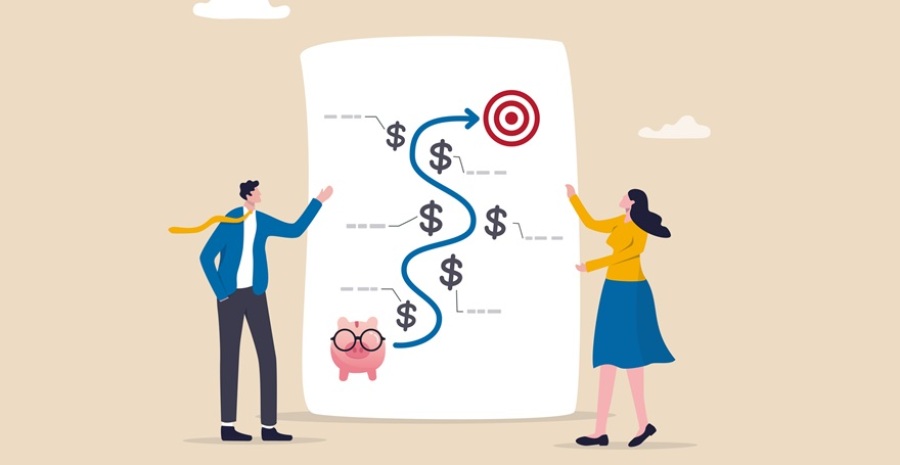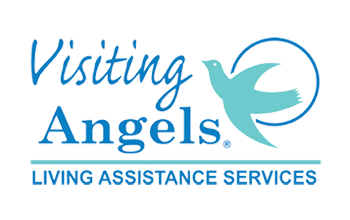
Perhaps one of the biggest questions about starting a franchise is how much money you can earn. The second biggest question is, how much money do you need to start franchising?
As a savvy franchisee, you're not going to just jump into an opportunity because it sounds good. You will do so with a clear view of your costs and sales projections to know how much you’ll need to have in the bank to get started.
While it would be nice to have a clear answer of how much money you’ll need to start a franchise, the reality is that it varies depending on which franchise you’re starting. Here are three steps to help you better understand what’s needed and how to get started in the most financially sound way possible.
Create a Startup Budget
There are two types of budgeting for a new franchise — your startup costs and your ongoing costs. You’ll need to budget for both to gain a better understanding of how much is needed to get going in your new venture.
Startup costs include many line items you’ll pay for once and then won’t see again. These costs could include:
- The initial franchise fee to get in the door.
- Initial inventory for supplies, signage, equipment, inventory, or other items.
- Service fees for legal, accounting, or other professional services.
- Necessary fees, such as insurance premiums, permits, or licenses.
These fees don’t have to feel overwhelming. They’re not fees you pay monthly but the fees that allow you the keys to your new castle. By putting this initial investment forward, you’re setting yourself up for success with the tools needed to thrive in your new franchise business.
Top Franchises For Sale 2025

Cruise Planners
Join the #1 travel agency franchise. Our affordable franchise is for every lifestyle. Start your journey today.

Healthier 4U Vending
Superior machine quality, complete hands-on training, & cutting edge locating services make Healthier 4U the choice 4U!

Visiting Angels Living Assistance Services
Join "America's Choice In Homecare®", ranked #1 of all senior care franchises.
Estimate Your Long-Term Budget
Once you’ve opened your doors, you’ll have ongoing costs to consider. By planning for those ongoing costs upfront, you can set your budget and better understand how much money you’ll want to have in the bank regularly beyond the startup investment.
Some of the ongoing costs you can expect and budget for could include:
- Local advertising
- Royalties
- Rent and utilities (if you have a brick-and-mortar location)
- Taxes
- Payroll
- Inventory
- Maintenance and repairs
The best way to understand realistically what you can expect is by talking to other franchisees. They can give you a good estimate of what they pay each month and what you can expect to put back into the business as you grow. The franchisor will also be able to help you lay out an idea for a budget, which you can then translate into costs in your area.
Remember that many franchisors will have agreements with suppliers, which can save you money on these ongoing fees. One of the benefits of starting a franchise instead of starting a business from the ground up is these relationships. While you’ll pay some franchise fees, those fees are often offset by the supplier savings you’ll get once you join. Knowing what those savings could look like will help you decide how much money you’ll need upfront to get started.
Calculate Sales Projections, Minimums, and Goals
One way to know if you’ll have enough money in the bank to start a franchise is to understand what you can expect to earn from your franchise. Every franchise owner has a good estimate of how much they’ll earn, but the actual earnings will look different for you in your market. These are based on a wide variety of factors, including:
- Seasonality of your business
- Local competition
- Local demand
- Effectiveness of your marketing and sales
Talk to your franchisor for financial statements, industry information, and other market research. Pair this with historical franchise data to get a realistic picture of what you can expect to replenish your bank account each month. While there’s never a guarantee of how much or how quickly you’ll start to earn, these reports can give you a data-driven view of what to expect.
As you gather this data, think through how much you’ll need to earn at a minimum to break even. Then, you can start setting goals to see the bigger financial gains you can expect from your franchise ownership journey. Knowing your numbers will help you see what’s possible.
~~
Kimberly Crossland is the founder of Roadpreneur and Cruisin' + Campfires, two companies designed to keep families together and living in freedom through travel and entrepreneurship. The goal of both businesses is to inspire meaningful change through the power of a strategic, thoughtful approach to life and business. In her free time, you can find her looking for a new adventure together with her two boys.














